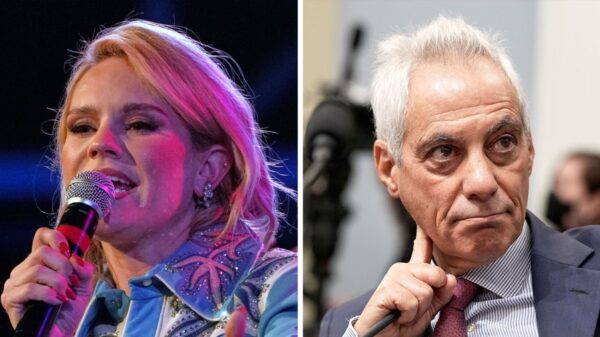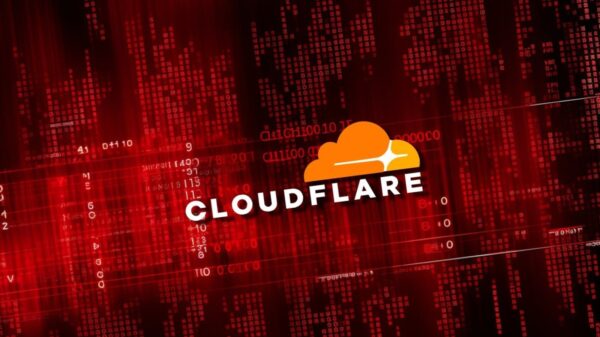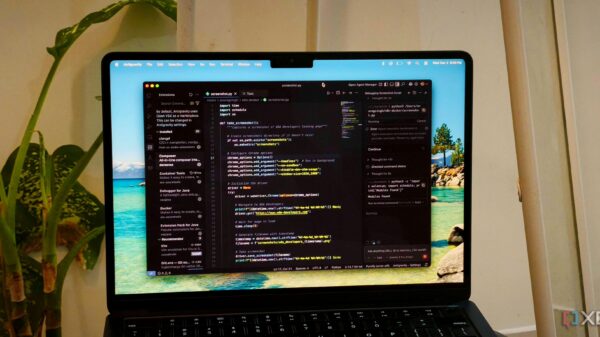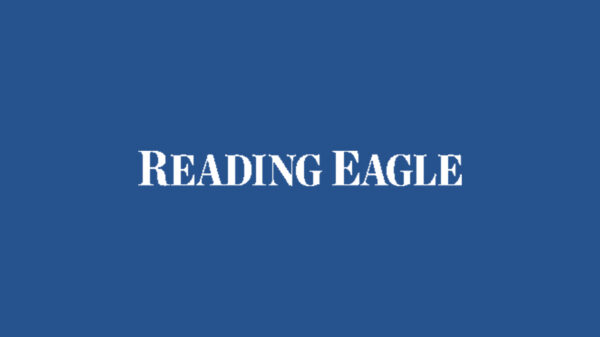Billionaire philanthropist Timothy Mellon has made headlines for his recent donation of $130 million to the Pentagon. This substantial contribution aims to ensure that U.S. military personnel continue to receive compensation during the ongoing federal shutdown. The funding was confirmed by multiple sources familiar with the situation, marking a significant intervention by a private donor in government financial matters.
The shutdown, which has affected various federal operations, has created uncertainty for service members and their families. As the stalemate in Congress continues, this generous donation from Mellon provides a crucial lifeline for those serving in the military. President Donald Trump, who described Mellon as “a friend,” has highlighted the importance of this contribution during a time of financial strain.
Details of the Donation and Its Impact
Mellon’s donation comes at a time when the federal government faces significant budgetary constraints. The funds are intended specifically for troop salaries and benefits, ensuring that military personnel remain supported despite the shutdown. This act of philanthropy underscores the ongoing discussions about the role of private contributions in public funding, particularly in critical sectors such as defense.
Sources indicate that Mellon, known for his substantial wealth and connections to the Trump administration, has been involved in various philanthropic efforts. His recent donation is seen as a direct response to the disruption caused by the shutdown, which has affected many government functions and services.
The Pentagon’s reliance on this private funding raises questions about the long-term implications for military financing and the potential for increased involvement of private donors in public affairs. While some may view this as a necessary measure in the face of government inaction, others express concern about the precedent it sets for future funding of essential services.
Background on Timothy Mellon
Timothy Mellon, a prominent figure in the American business landscape, is known for his extensive investments and philanthropic activities. His financial support for various causes, particularly those aligned with conservative values, has positioned him as a significant ally of the Trump administration. This latest donation reflects his commitment to supporting military personnel, an issue that resonates deeply within the political discourse.
As the federal shutdown continues, the implications of Mellon’s donation will likely be scrutinized by policymakers and the public alike. The intersection of private contributions and government obligations raises important questions about accountability and the future of public funding.
In conclusion, Timothy Mellon’s donation of $130 million to the Pentagon highlights the complexities of government funding during a federal shutdown. His involvement not only provides immediate relief for military personnel but also prompts a broader discussion about the role of private donors in public finance. As the situation evolves, the impact of this significant contribution will undoubtedly be a topic of ongoing interest and analysis.







































































